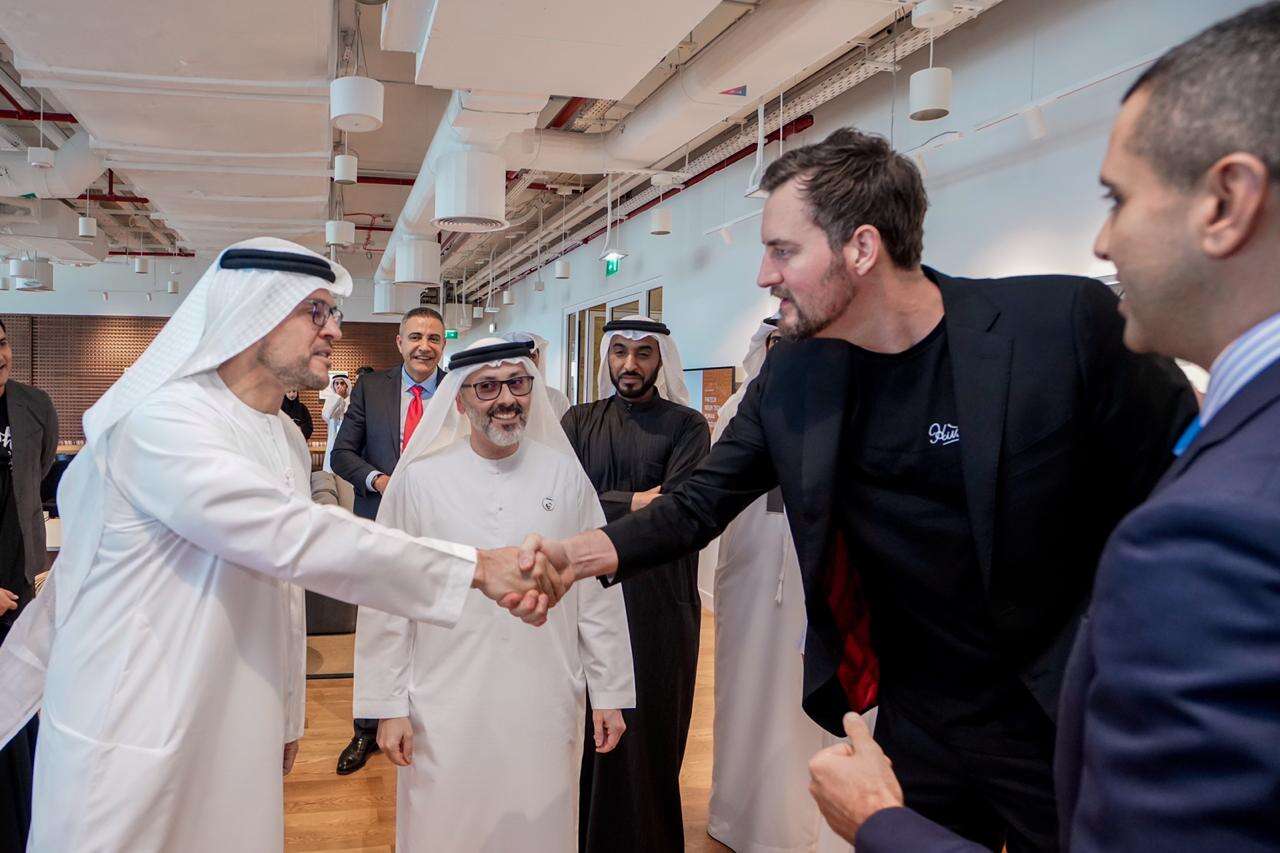

With the massive economic downturn brought on by the current pandemic, many US business owners have their hands full securing new lines of investment and diversifying their revenue streams. While the obvious solutions include government assistance and cutting expenditures, many have expanded by considering a move to countries with the most agile and fast responses to the virus.
The UAE and its capital, Abu Dhabi, is one of those countries, with its response to the pandemic rated 11th best in the world, according to Deep Knowledge Group, a consortium of technology companies and non-profits. In addition to that, the government’s Covid-19 Stimulus Package has kept companies already operating there afloat. Combine that with start-up ecosystems such as Hub71 that offer tangible benefits such as 50% to 100% subsidised rent, health insurance, office space at WeWork and zero corporation or income tax for American start-ups – and you’ve got a winning recipe.
Home to the MENA headquarters for companies as large and diverse as IBM, Honeywell, Microsoft, the Cleveland Clinic, the Mayo Clinic, Raytheon, Edelman and General Electric, the UAE makes doing business easy for American companies by making sure that business customs there aren’t entirely dissimilar those in one of the major cities of North America.
“Abu Dhabi is just a terrific place to set up shop,” says Danny Sebright, president of the US-UAE Business Council. “It’s a very rich place for the future and an opportunity for American companies to access a vibrant market. Why is it vibrant? Well, because of the investments they are making and the consumer products that they’re buying and because of their goals and objectives.”
He adds: “When a company first moves over here and they’re sending a lot of employees over who are bringing their families and they aren’t sure what to expect, what we mostly do is try to dispel these myths that it’s unsafe or unfriendly or not welcoming. It’s not only safe, friendly and welcoming, but you have so many similarities to North America when it comes to schools, socialising, consumer goods and leisure time. You can practice all kinds of religions here in the places of worship; you can pray how you want.”
AeroFarms, a company that uses technology to solve agricultural and environmental problems, found its new home in Abu Dhabi recently, and CEO David Rosenberg shares why: “AeroFarms is focused on solving our most pressing agricultural challenges, and it starts with finding partners with a shared philosophy. We found a like-minded partner in Abu Dhabi via the Abu Dhabi Investment Office (ADIO) – the UAE wants to have an impact not only in the region but also on a global scale. We see a whole ecosystem developing in Abu Dhabi, from universities to tech companies to government, and there is an incredible talent pool to make it the next nexus for agricultural technology.”

Rosenberg’s company was one of four agritech companies chosen by ADIO to benefit from a US $100m investment plan to help create a varied agricultural offering in the country in a sustainable manner. Rosenberg confirmed to UAE newspaper The National that it will be using some of the funds to build the world’s largest vertical farm – but only if it can be done sustainably and will benefit the desert country.
Rosenberg told Verdict that one of the best things about opening up an office in Abu Dhabi has been the access to talent as well as the keen interest from Emirati government members in AeroFarms’ R&D focus.
HE Dr Tariq Bin Hendi, director-general of ADIO, commented on the partnership with AeroFarms, saying: “Abu Dhabi’s advanced infrastructure is designed to enable innovators. The emirate is increasingly the go-to for big thinkers looking to break new ground on their cutting-edge ideas. ADIO has partnered with international agritech pioneers like AeroFarms to support the development of next-generation desert agriculture solutions here in the UAE. This is part of our wider commitment to helping companies of all sizes to achieve lasting success in Abu Dhabi.”
As for US tech companies exploring a move to the UAE, Rosenberg’s key advice is: “Think boldly and even bigger, because there is a window of time to rewrite the book not only in agriculture but also in business and to create systematic change [with the UAE as a partner].”
Sebright echoes the agritech CEO’s sentiments and encourages Americans to keep an open mind about the Middle East generally and the UAE in particular: “It’s not Europe or North America – of course not, it’s a different culture! – but my goodness, where else would you want to live in the broader region than in the UAE if going to work every day, raising your family and having access to great education and healthcare are your key considerations?”
For a list of American start-ups working with Hub71, head to: hub71.com/hub71-startups.
Learn more about the Hub71 Incentive Programme in our free white paper Roadmap to Abu Dhabi: How to unlock new opportunities for your Tech Startup, which includes information on page 19 for how to be one of the few startups chosen to join the programme and best tips for success. Download white paper.






